The election, praised by international observers as free, fair, and transparent, saw the Awami League of Prime Minister Sheikh Hasina obtain more than enough seats to establish the government.
This indicates that Hasina, the longest-serving female prime minister in history, would lead the Awami League in forming the government for the fourth time in a row.
The Awami League was given a resounding mandate by Bangladeshis, and as a result, the country defeated Pakistan in 1971. Although first projections indicated a 40% voter participation, Chief Election Commissioner Kazi Habibul Awal stated it is probably higher.
If not for the three-day holiday, foreign minister AK Abdul Momen indicated that the attendance would have been larger.
Fair and impartial elections:
Although the BNP abstained from the polls and questioned their validity, a resounding majority of foreign observers praised the results.
The EC was commended by Canadian election observers for organizing an election in which the electorate chose the winners in the best traditions of democracy.
They pointed out that nearly 1,900 candidates—a record number of women and transgender candidates—contested the polls in defiance of calls for a boycott from some political groups.
The statement read, "We wish to recognize and commend the Bangladesh Election Commission's excellent work in mobilizing all state institutions and delivering a free, fair, and successful election."
Jim Bates, a former US congressman who is now in Bangladesh to observe the voting, did not hold back when he said, "It's a free and fair election... Already, I see that.
The discussion of low turnout is misleading... Every nation in the world keeps voting till 6-7-8-9 p.m., not stopping at 4 p.m. In certain nations, elections take place for several months. It sounds like someone is trying to manipulate the press when there is a poor attendance.
Later, he expressed to the media his opinion that the election was "very peaceful, free, and fair."
Alexander B. Gray, CEO of American Global Strategies, stopped by ten polling places. "I personally witnessed the free and fair election, which was expertly conducted with a great level of enthusiasm from voters, poll workers, and other stakeholders," he remarked.
He said that not a single voter or anyone else complained to him about their issues.
A combined observation team from the US, Germany, and Ireland also voiced satisfaction with the outcome of the election. A group of Japanese observers reported that they were satisfied with the general voting situation. One of them stated, "I would rate this election 90 out of 100 based on the overall election and security conditions."
The public has spoken:
At the Dhaka City College early in the morning, Prime Minister Hasina cast her ballot and declared that she was certain of winning because the people were always behind her.
"Inshallah, we'll prevail," she remarked.
Hasina responded that she didn't need to demonstrate the legitimacy of the election to anybody when questioned about its acceptability and trustworthiness. "The election's acceptance by the Bangladeshi people is what matters."
She urged the voters to exercise their rights.
Under Hasina's direction, Bangladesh has grown tremendously over the past 15 years and become a major force in regional affairs. The nation's economy has been praised for rising at one of the quickest rates in the world.
By skillfully managing its foreign policy, the youngest country in South Asia managed to effectively traverse the murky politics of the area and solidify its position as an emerging power on the international scene.
The Hasina administration's progressive ideas and practical measures have been credited with a large portion of the economic growth.
She remembered her battle to uphold the people's democratic rights after casting her ballot. She claimed that only when the Awami League gained power did Bangladeshis regain their ability to vote and eat.
"I'm doing all in my power to make sure democracy endures... Development is impossible without democracy," Hasina declared.



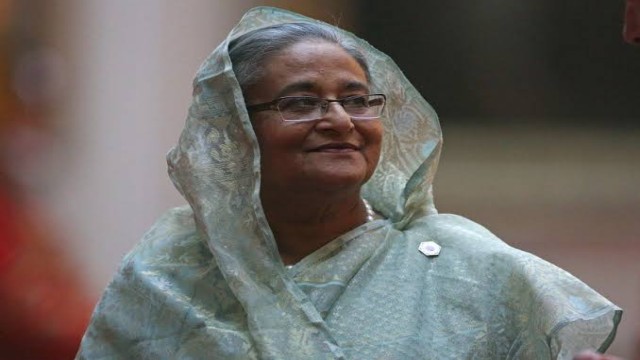
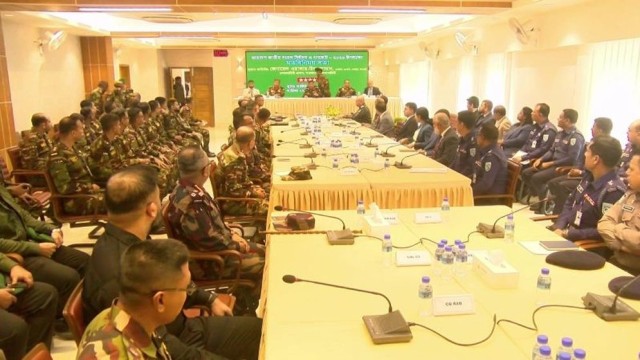
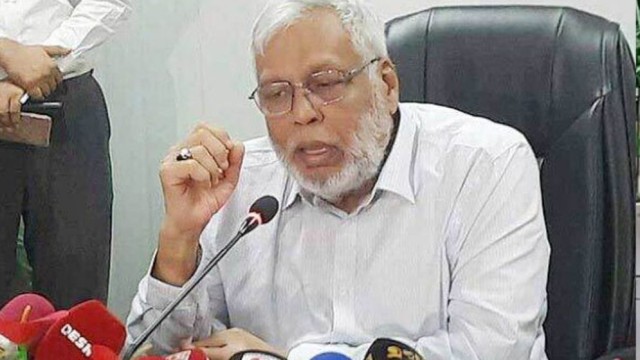
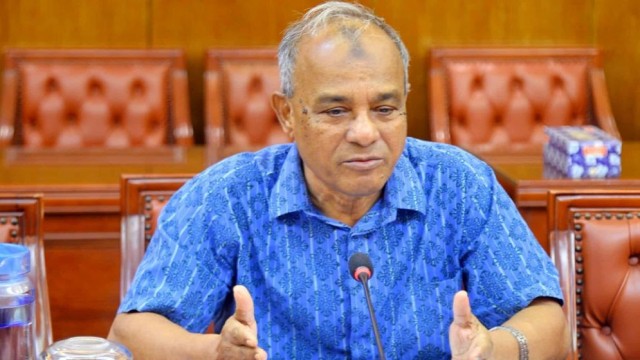
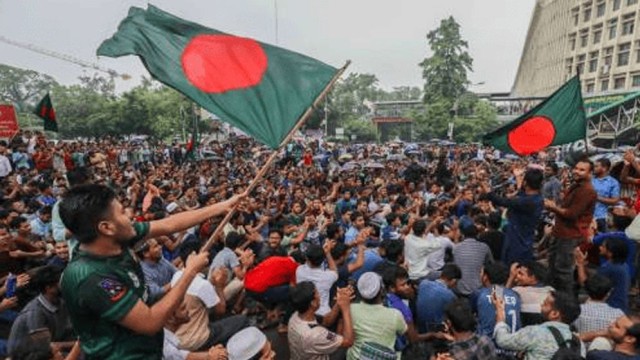
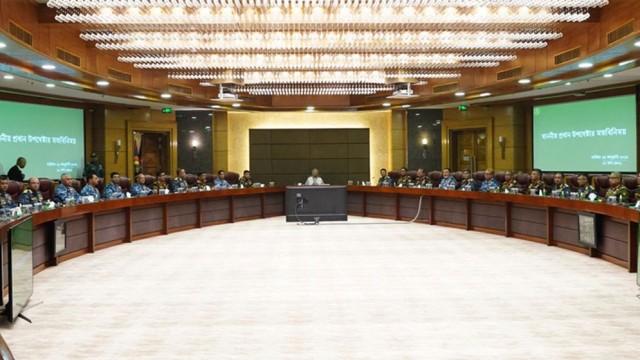

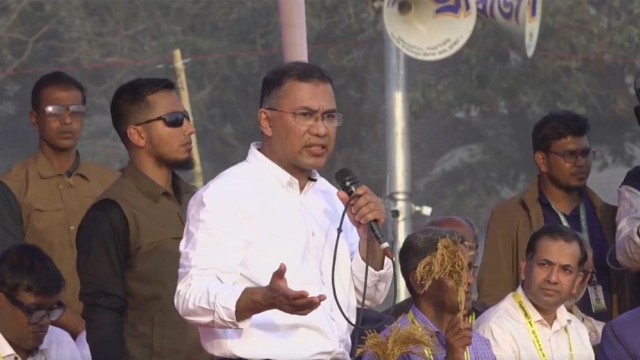

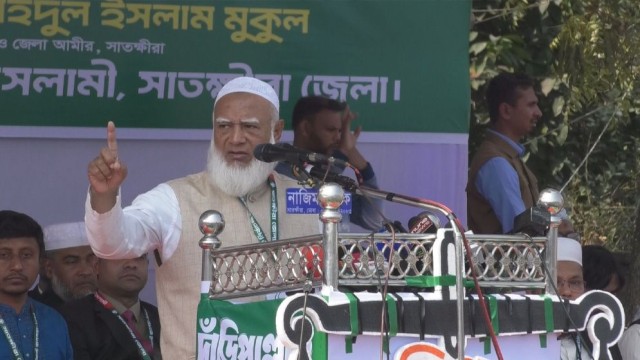
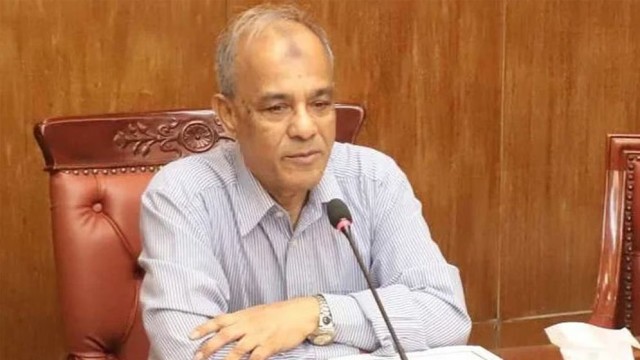
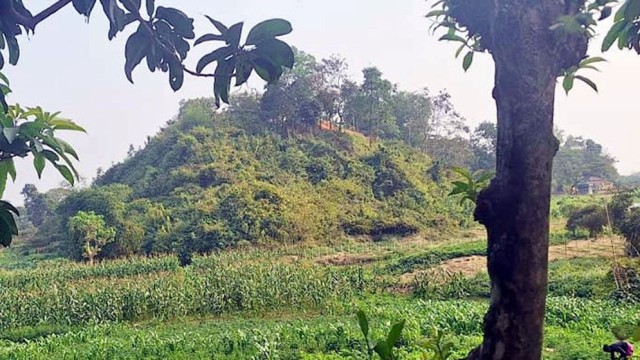
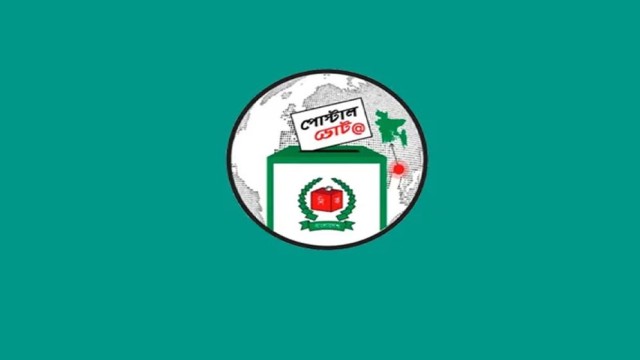
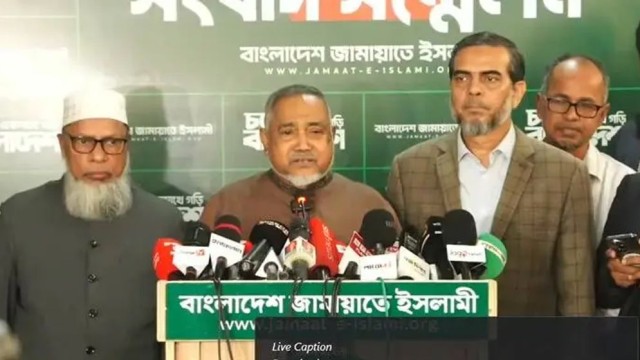

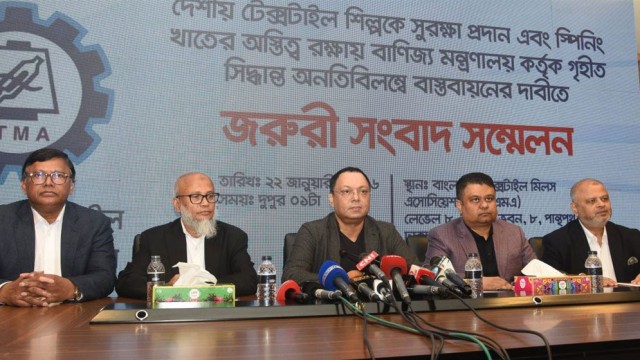
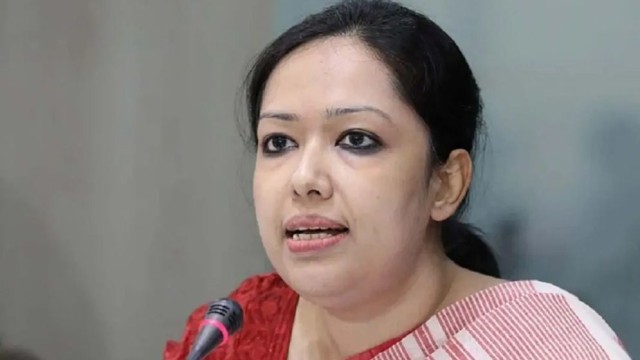
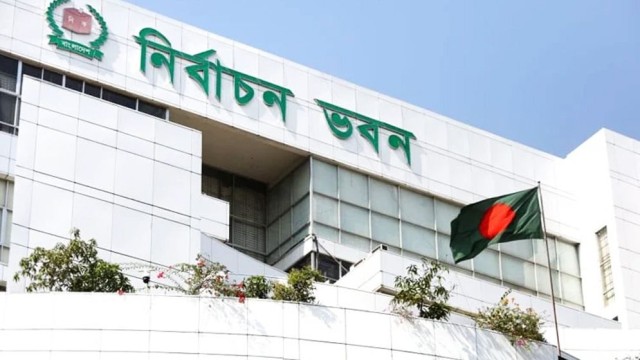
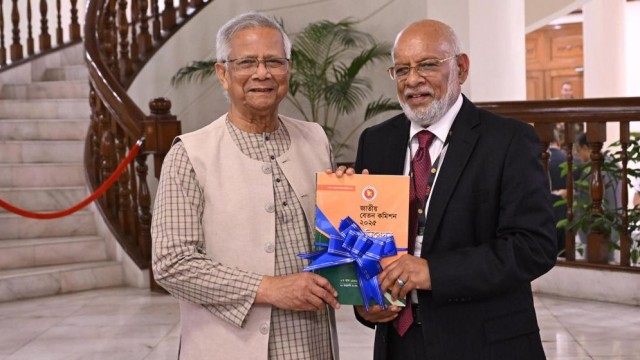


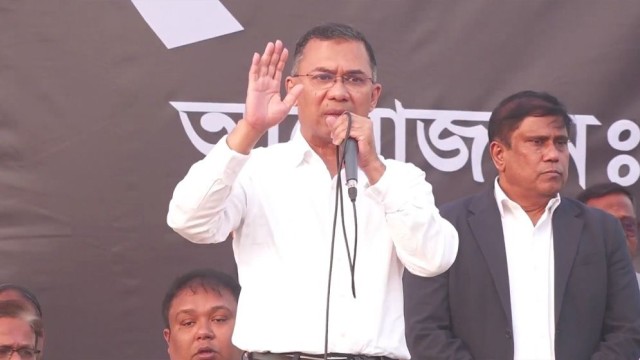


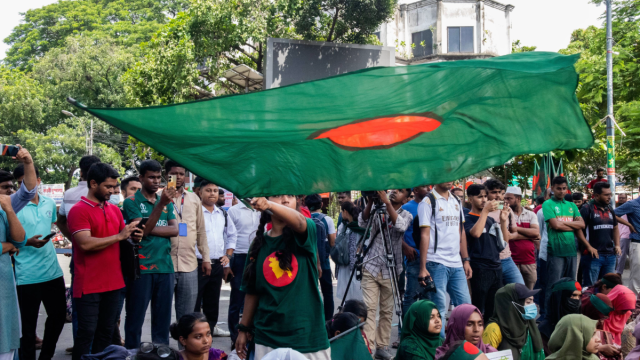
Comment: